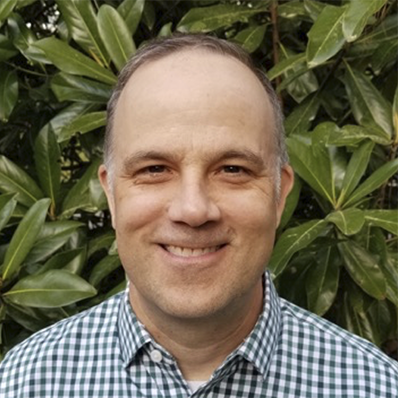Manna Offers Public Policy Career Advice
 Spring means two things are in the air at William & Mary. Students new to the university often declare their majors at this time, and seniors and 2nd year Master’s students prepare for life after graduation. The Public Policy communications team recently asked Prof. Paul Manna, Director of Public Policy and the Hyman Professor of Government, for his thoughts on the relationship between the education public policy students receive and the future career paths they can travel with their degree.
Spring means two things are in the air at William & Mary. Students new to the university often declare their majors at this time, and seniors and 2nd year Master’s students prepare for life after graduation. The Public Policy communications team recently asked Prof. Paul Manna, Director of Public Policy and the Hyman Professor of Government, for his thoughts on the relationship between the education public policy students receive and the future career paths they can travel with their degree.
His insights should be helpful for students new to Public Policy and also for our soon-to-be graduates as they try to best convey to potential employers the skills that they have developed through their academic training in our field.
Read on for Prof. Manna’s advice.
What general advice would you give to a graduate beginning their career in public policy?
There are terrific opportunities available in the field of public policy. As prospective students and recent graduates explore this area my main bit of advice is to look broadly. Many students focus a lot of attention on jobs in the Washington, DC area, for example. But the vast majority of policy jobs in government exist at state and local levels. Don't overlook those opportunities.

Also, governments frequently work in cooperation with organizations in the for-profit and non-profit sectors as they develop and carry out policy. That means you also could consider jobs in these sectors, not just the government, if you are interested in public policy.
What skills do you think will become more important and prevalent in public policy in the next 3-5 years?
Quantitative and computing skills certainly will increase in demand, but that has been true for a while. With more and more people learning these sorts of tools these days, including some that are highly technical, a couple of things help set some folks apart from the crowd.
First, being technically sophisticated is great, but adding to that the ability to interpret the results of complex analyses and communicate them to policymakers and the broader public is even better. People who can write and speak clearly about these matters, especially doing so for audiences who lack technical skills, are hugely valuable.
Second, stepping back a bit, people who are able to think broadly about the ethical dimensions of policy work will continue to be highly valued. Rather than data-driven thinking, I push students to embrace a different approach: values-driven thinking with data. The ability to use critical thinking skills to recognize key values and value tensions in policy, and then knowing where to look for data to grapple with those tensions, is a hugely important skill that has always been important and is becoming more important each day as the policy world becomes flooded with data. How to make sense of it all, and how to leverage it to address key values that communities care about, is hugely important.
How can you maximize your salary potential when starting your career in public policy?

People positioned for the most success in public policy work tend to be able to think in theoretical and applied ways. In other words, it isn't enough to simply know a concept or a theory. Having the ability to apply it to familiar and unfamiliar situations to help address real life problems is key. One way for people to get that kind of training is to take courses or have other experiences where they actually work on actual problems that governments or community organizations are grappling with each day on the ground level.
In addition, jobs that command the best salaries tend to be looking for people who have sophisticated skills that allow them to gather and use evidence from a variety of sources. Taking courses that develop skills in data management, statistics (introductory and advanced), network analysis, geographic information systems (GIS), survey design and analysis, elite or mass interviewing, and running focus groups are examples. People with those skills tend to be highly competitive in applicant pools for many jobs in public policy.














